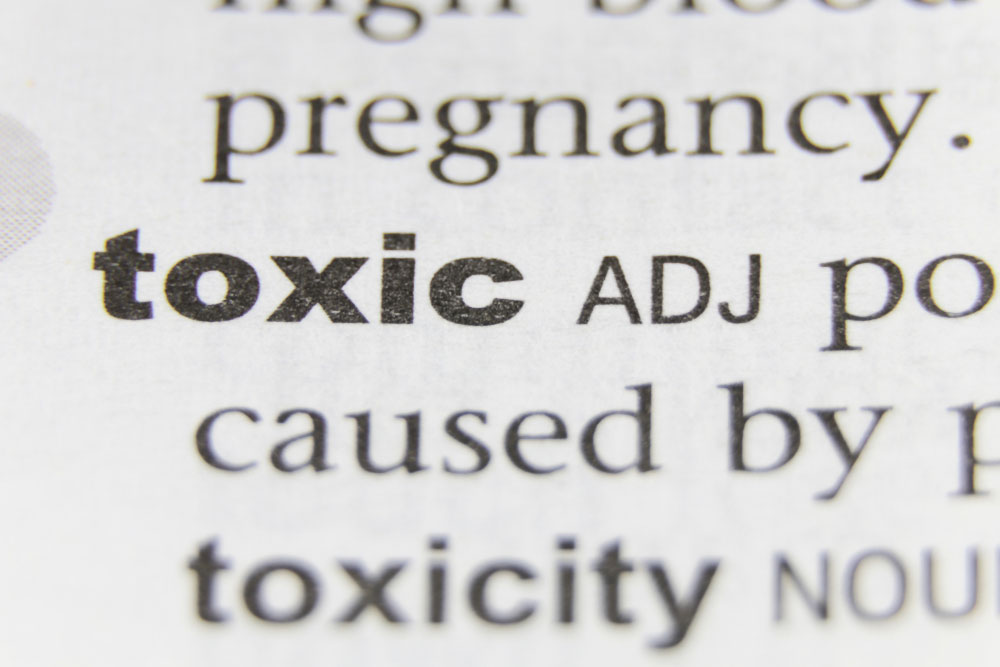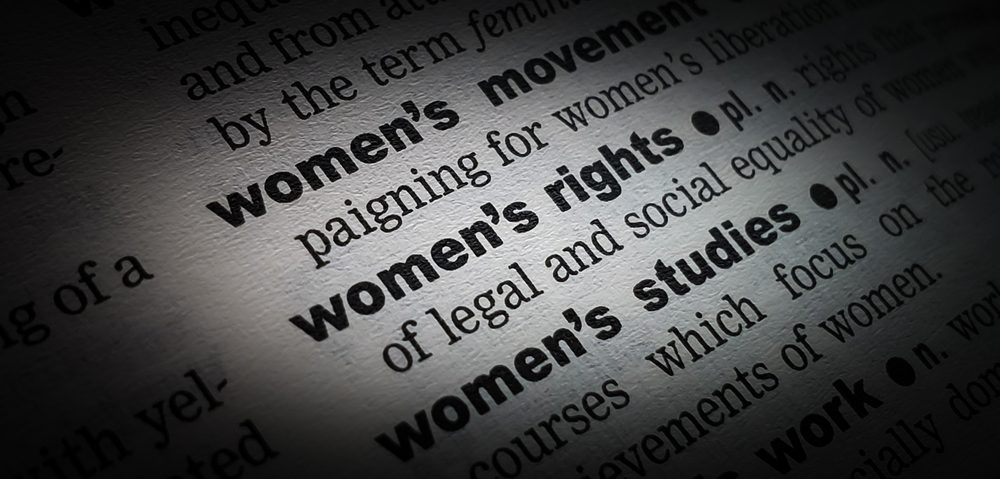Is it time to heave a sigh of relief? It just may happen that the unpronounceable, visually awkward and, to some politically incorrect people, dramatic new pronoun, ‘s/he’, can now be gently eased out. For Merriam-Webster has chosen as its topmost Word of the Year the amazing pronoun, ‘they’ — amazing because of its hitherto unexplored versatility. ‘They’ is no longer just a single word of plural significance, according to Merriam-Webster’s data, but a plural pronoun that can also denote a single entity. That in itself is not new. The practice of using ‘they’ to indicate mundane versions of Everyman, say, ‘everyone’ or ‘someone’, apparently has been around for years. Which is a good thing: it is not polite to call everyone and someone ‘it’ simply because the English language, so rich in seizing upon and naming the most fleeting of phenomena, slipped up in imagining a single person beyond the gender binary who might demand a pronoun. Was it a covert class thing that ‘everyone’ or ‘someone’ was not fit to be assigned a gender? Even Shakespeare, without whom the English language — and literature — would have looked rather different, does not seem to have bothered too much about this. Strange though; he was a glover’s son.
Yet with Rosalind so comfortable in Ganymede’s guise and Viola in Cesario’s, he had every chance of foreseeing what the pronoun, ‘they’, might come to mean. For it is not ‘everyone’ or ‘someone’ that has led to such an outburst of references to ‘they’, leading Merriam-Webster to sit up and take notice. These remain sadly anonymous, saved from being called ‘it’ by the decency bell. It is rather the assertion of the non-binary person, who wishes to be referred to as ‘they’ and ‘them’, that has sent ‘they’ spinning to the top. The freedom in being the person one wishes to be is far more noticeable in ‘they’ than in ‘s/he’, although using ‘they’ in the singular may cause havoc in grammar and in editor’s copies, and become one of the less teacher-friendly lessons in textbooks. But pupils who learn to accept that the vowels in ‘but’ and ‘put’ are pronounced differently but become the same in ‘butt’ and ‘putt’ may also accept that both ‘they sits’ and ‘they sit’ are correct, only if they know the context. Merriam-Webster’s choice is a delightful illustration of the vibrancy of language, which is like that of lived life that could not care less about rules and strictures even if they are as old as memory.
Language can catch one unawares. It homes in on tendencies that hover on the threshold of acceptance and, suddenly, makes them identifiable. The Oxford Word of the Year is ‘climate emergency’, which underlines the acuteness of the crisis already happening, with an urge to action. The Oxford English Dictionary chooses words that reflect the preoccupations or moods of a year with lasting potential as a term of cultural significance. If the OED’s choice is about a preoccupation, Merriam-Webster’s choice certainly has cultural significance. Only usage will establish its lasting potential.












